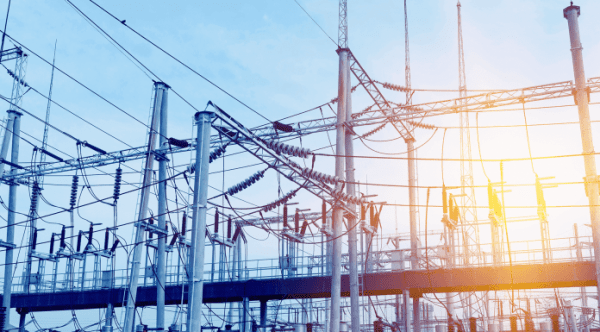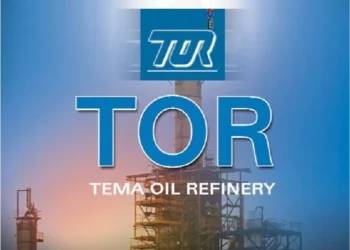Ghana’s electricity sector, particularly the state-owned Electricity Company of Ghana (ECG), has long struggled with inefficiency, financial instability, and inadequate service delivery.
Amid mounting pressure to modernize the energy infrastructure and improve service provision, the Ghanaian government has signaled its intent to privatize ECG, aiming to revitalize the country’s power distribution.
The Government of Ghana’s quest to privatize its electricity distribution company has sparked widespread debate.
In an insightful article authored by David Ofosu-Dorte, Executive Chairman at AB & David Law, several multifaceted issues are highlighted, detailing the potential hurdles the government will encounter.
One of the foremost issues outlined by Ofosu-Dorte concerns regulatory and legal complexities. Ghana’s electricity sector operates under a multifaceted legal framework that includes the Energy Commission Act, the Public Utilities Regulatory Commission (PURC) Act, and other legislative instruments.
“Privatizing an electricity distribution company requires navigating a labyrinth of regulatory approvals, license transfers, and compliance obligations, which can stall the process if not meticulously planned.”
David Ofosu-Dorte, Executive Chairman at AB & David Law
The interplay between existing contracts, regulatory mandates, and the potential need for legislative amendments poses significant hurdles.
For instance, renegotiating Power Purchase Agreements (PPAs) to align with new private-sector dynamics could face legal bottlenecks, especially if current stakeholders resist amendments that affect their vested interests.
The privatization process also presents financial challenges. Ofosu-Dorte highlighted that “the government’s financial exposure does not automatically disappear with privatization; instead, new liabilities often emerge, particularly in the form of guarantees and subsidies to attract private investors.”
Private investors typically demand assurances against currency risks, revenue shortfalls, and political instability. These demands could translate into contingent liabilities for the government, effectively shifting rather than eliminating financial risks.
Additionally, the historical debt burden within Ghana’s energy sector complicates the attractiveness of the electricity distribution company to potential investors.
Operational inefficiencies within the electricity distribution system are another critical issue. The document notes that technical and commercial losses, outdated infrastructure, and poor metering systems hinder efficient service delivery.
“No private entity can achieve efficiency gains without significant capital investment in modernizing the grid and addressing systemic operational inefficiencies.”
David Ofosu-Dorte, Executive Chairman at AB & David Law
These inefficiencies not only increase operational costs but also undermine the reliability and quality of electricity supply. Private investors may be reluctant to commit without clear government strategies to address these legacy issues.
ECG’s Privatization Suffers Public Opposition

Public opposition to privatization poses a substantial risk. Ghana’s historical experiences with utility privatizations have left a mixed legacy, often associated with tariff hikes and job losses.
“The perception of privatization as synonymous with job cuts and higher electricity bills fuels public skepticism, potentially triggering political resistance.”
David Ofosu-Dorte, Executive Chairman at AB & David Law
This skepticism can manifest in protests, legal actions, and political opposition, particularly if the process lacks transparency and stakeholder engagement.
The government must therefore navigate these socio-political sensitivities carefully to avoid destabilizing public trust.
Institutional weaknesses within the energy sector regulatory bodies also present a challenge. The document highlights that effective regulation of privatized utilities requires robust institutional capacity, which is currently inadequate.
“Regulatory bodies must be strengthened to ensure they can effectively oversee private operators, enforce compliance, and protect consumer interests.”
David Ofosu-Dorte, Executive Chairman at AB & David Law
Governance issues, including corruption risks and weak accountability mechanisms, further complicate the privatization landscape.
Without addressing these systemic issues, the intended benefits of privatization-improved efficiency, better service delivery, and financial sustainability-may not materialize.
Privatizing Ghana’s electricity distribution company presents a complex mix of legal, financial, operational, and political challenges.
As highlighted by David Ofosu-Dorte, success will depend on meticulous planning, transparent stakeholder engagement, and robust institutional reforms.
While privatization holds the potential to improve efficiency and attract investment, the government must tread cautiously, ensuring that the process safeguards public interest and contributes to the sustainable development of Ghana’s energy sector.
READ ALSO: President Mahama Vows Transformation, Accountability in Central Region




















